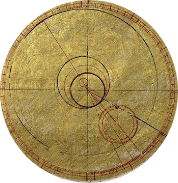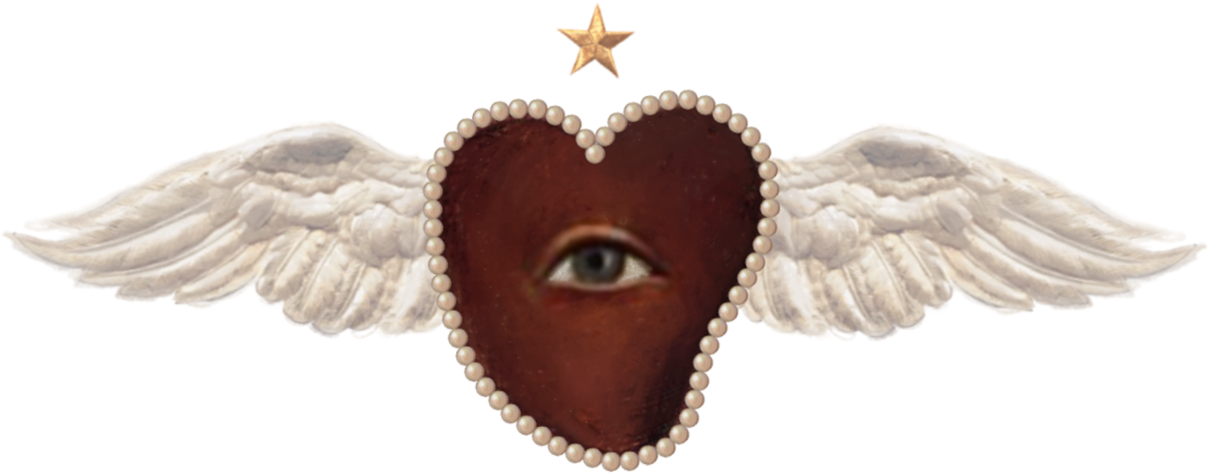Tarkovsky
owed much to his heredity. He was
born in 1932 into the Moscow
intelligentsia. His father, Arseny, was a respected
poet, while his mother, Maria, was a talented actress and an editor.
As a teenager, Tarkovsky held his father
in high regard, so much so that his parents’ separation evoked a deep
crisis in Tarkovsky and his younger sister, a crisis he later explored in his
films.
Much has been made of
the feminine sensibility that influenced Tarkovsky as a child. Tarkovsky’s mother and grandmother
continuously sought to instill a love and vocation for the arts and the
intellect in the children. His mother, in particular, had high cultural
ambitions for him. Young Andrei resented this and caused his mother a lot of worries.
Despite his rebelliousness, he loved books and was only quiet when reading 4.
“Learn to love solitude, to be more alone with yourself. The
individual must learn to be on his own as a child. Getting bored with oneself
is a very dangerous symptom, almost a disease.”
His mother’s persistent attempt
to foster in him a sense that he was an artist-in-waiting ultimately paid off. Now
in his twenties, Tarkovsky saw himself as a dandy, a contemporary Dostoyevsky
with a boundless, antimodern modernist aesthetic preference 5.
His belief in
miracles, flying saucers, and extra-terrestrial harmoniously combined with his
faith in God 6. He knew the Gospels of St. Matthew and St. Luke practically
by heart and could quote whole paragraphs.
"Art, as a spiritual action,
is very much bound up with certain inner religiousness. Our soul, our existence,
our way of existing is linked with art, and that is bound to show in our works.
The manner of
thinking and the manner of expression always convey some inner spiritual state.
"
With great
pleasure, he admired progressive and exciting minds. He honoured Dovzhenko,
Bresson, Antonioni, Fellini, Vigo, and Paradzhanov, for they knew how to conjure
the spirit of abundance in their creations: “they had the ability to love
the beauty and be completely free inside their own creation.” Those film poets
he promoted to the sky.
Throughout Tarkovsky's seven feature films, from Ivan's
Childhood (1962) to The Sacrifice (1986), Tarkovsky makes every detail of his inner universe visible to society. His use of Bach, childhood
memories, the poems of his father, and artistic introspection reveal a unique look
into his life and culture, daringly expressing
that which lies beyond silence 7.
Cinema, of course, brings stories to life. However, Tarkovsky’s aim was
not to put across a few good stories but to send a universal message and
stimulate reflection on what is essentially human and eternal in each Soul. This
refers to the root
of our mutual recognition. Our lives, separated only in appearance, had been,
deep down, lived together.
Every one of his
creative acts was deliberately puzzling. He wanted the viewer to build an idea
of the rest and develop a connection with his characters on a level other than words, in mind, in the subconscious: "it
isn't a question of details, but of what is hidden."
Nature,
the pantheistic Goddess, appealed to him deeply 8. She, as it seems,
forces herself through the screen and flows as the central theme in all of Tarkovsky’s work.
As a
transformative element, Fire in his films is present in the form of candles,
bonfires, self-immolation, buildings ablaze, and flares. The element of Fire is
often seen as something that purifies but also destroys. As a creative
force, Tarkovsky felt the most kinship with the element of Water:
"water is very important, it is alive, it has
depth, it moves, it changes, it reflects like a mirror" 9 10 .
The element of the Earth
acts as a unifier and appears mainly in the form of mud, firmly reminding his
characters that they are inherently earthbound and in unity with Gaia and that
on
this
Earth, their destinies must be found and lived out. Air, as a
communicator, is perhaps the most numinous element for Tarkovsky; it usually
occurs in the form of sudden winds that blow up, most memorably in Mirror and
Stalker.
Tarkovsky, working in communion with the great alchemical laboratory of Nature, coaxes
humanity toward higher consciousness. Habits of feeling (Water), thinking (Air), acting (Fire), and
relating to the material world (Earth) are actual states from which the
material universe emerges.
“My films are
not a personal expression but a prayer. When I make a film, it's like a holy
day. As if I were lighting a candle in front of an icon or placing a bouquet of
flowers before it.” 11
Much more could be written
about Tarkovsky and his cinematographic poetry of the beautiful, but for now, I
leave his flowing poetic scenes to make a connection with you. There
is something very intimate and personal about his seemingly transcendent
films that can only be understood by those
submerged in the experience of the great unknown and unknowable, the divine,
the spiritual, and the indecipherable.



